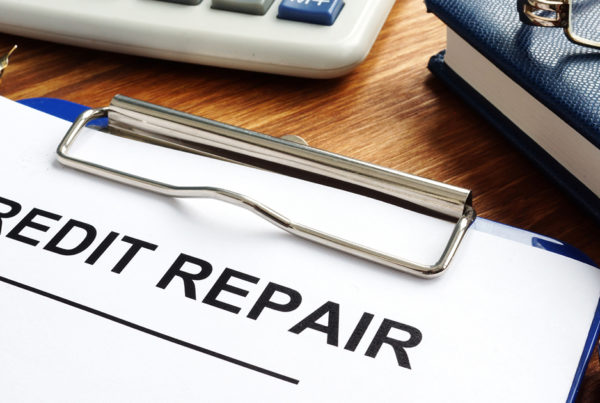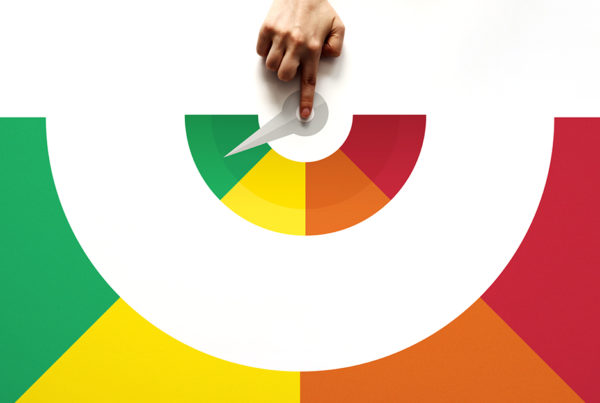Whether you’ve seen ads for them, stumbled upon them while scrolling through app options or a friend told you about them, there are numerous credit score apps to choose from. So, which one should you use? Are credit score apps accurate? Are they safe?
Here are some important details to consider when looking for an app to check your credit score or credit report.
Why do credit scores matter?
Three little numbers that have such a big impact, credit scores are used by lenders to determine how likely you are to repay a loan or make timely payments on a credit card. The higher your score, the more likely you are to get a better interest rate (meaning you will pay less over the life of your loan).
Scores are determined using a variety of credit data, which are grouped into five categories. While the weight of each category varies between credit scoring agencies, on average, your score is made up of:
- Payment history (which makes up 35% of your score)
- Amounts owed (30%)
- Length of credit history (15%)
- New credit (10%)
- Credit mix (10%)
It can be helpful to know your credit score before you apply for loans so you understand what type of interest rate and length of loan (loan term) you may qualify for. It is also important to check your credit report to see a list of open accounts. This is important to make sure everything looks right and so you can report any inaccuracies right away, as well as identify any potential fraudulent accounts opened in your name.
How can I check my credit score?
Credit scores are an important 3-digit number, but also an elusive one. While not readily available for many people, credit scores can be found in one of two primary ways:
- Using a credit score service or app. Apps like Credit Karma, Credit Sesame, myFICO and Experian Credit Report provide instant access to your credit score, though often for a fee. Most credit score apps start at $19.95 a month and go up from there (topping out at $39.95 a month).
- Buying your score from a credit reporting company. You can also skip the apps and go straight to the major credit reporting agencies—Experian, TransUnion and Equifax—to review your credit report for free (typically one free report per year from each agency or myFICO.com, and free weekly reports through April 2022). Costs range by provider, with some as low as $4.95 per month and others as high as $24.95, with many requiring monthly subscriptions.
You can also ask for a copy of your credit score after you have applied for a loan or credit card through Verve. Some nonprofit organizations, such as the Consumer Credit Counseling Service of Greater Milwaukee may also provide free credit reports.
Are credit score apps accurate?
The short answer is somewhat. Lenders typically use a FICO (Fair Isaac Corporation) score, and many of the apps use VantageScore. You don’t have one single credit score, rather several, so if the app you are using only shows you one, there is a good chance it won’t match the score your lender is using.
Are credit score apps safe?
Sharing your personal data with any website or app comes with risks, especially when it comes to access to your Social Security number. A recent Consumer Reports in-depth review of credit score apps found that many apps ask for (in their lengthy terms and conditions) access to information that extends far beyond the information you enter into the app. Additionally, most of the credit score apps reviewed by Consumer Reports also included a clause in their terms and conditions that by clicking ‘agree’, you allow them to sell your information to third-parties.
Which app should you use to check your score?
There is no one right answer. Since many credit score apps require monthly subscriptions, you may want to consider purchasing your score from myFICO.com or one of the three major credit reporting bureaus when you need it (such as before applying for a loan or credit score), rather than investing in monthly fees for a service you may not need.
Looking for more tips for managing your finances? Check out our budgeting, savings, family finances and money etiquette blogs.






 Federally Insured by NCUA |
Federally Insured by NCUA |  Equal Housing Opportunity |
Equal Housing Opportunity |